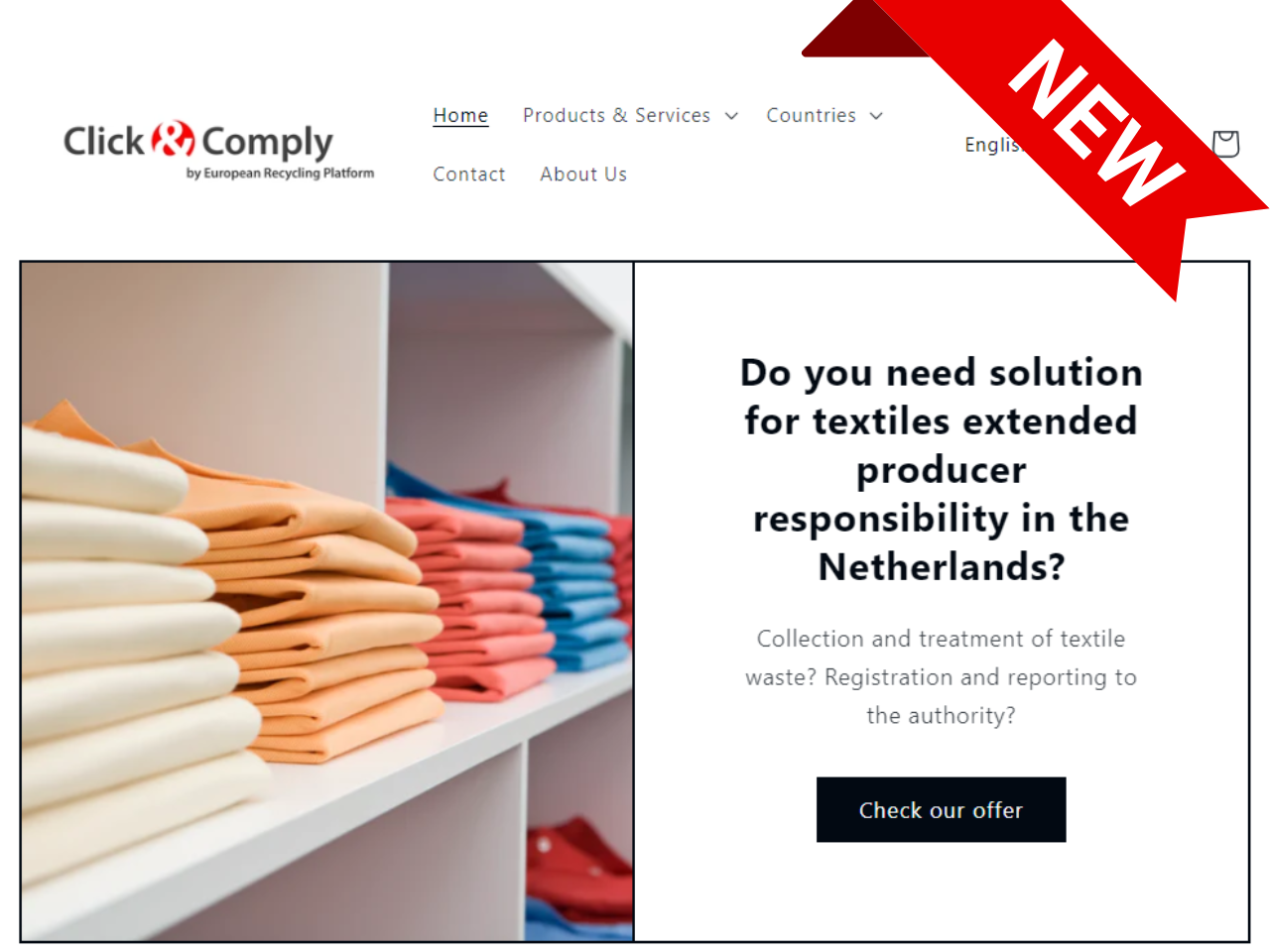What are the latest developments? We’ve picked out some highlights for June 2024:
Ecodesign Regulation: Council gives final approval
Textiles: ERP makes proposal for Council position
Batteries: draft regulation for carbon footprint declaration
Chemical recycling: European Parliament debates calculation process
Ecodesign Regulation: Council gives final approval
On 27 May, the Council of the European Union adopted the new Ecodesign Regulation, which sets requirements for sustainable products.
The Regulation will replace and enlarge the scope of the current Ecodesign Directive, hence extending its scope beyond energy-related products and including all kinds of goods placed on the EU market.
Key product aspects under the Regulation include requirements on recycled content, environmental footprint, resource use and efficiency, energy use, possibility of recycling and possibility of recovery of materials.
The Ecodesign Regulation is framework legislation, which does not set specific measures, rather it enables their later adoption. In the upcoming years, this will set specific product requirements via a thorough stakeholder process.
Product information will have a strong focus, thus instruments like digital product passports, labels and information requirements will become increasingly important. The specifics will be worked out through stakeholder input and adopted via delegated acts.
Furthermore, the new Regulation adds new tools and instruments, such as mandatory green public procurement criteria for contracting authorities or contracting entities.
Following the Council’s approval, the legislative act is now adopted. Once signed by the President of the European Parliament and the President of the Council, it will then be published in the Official Journal of the European Union and will apply 24 months later.
Textiles: ERP makes proposal for Council position
On 5 July 2023, the European Commission initiated the legislative process to revise the provisions related to textiles and food waste in the Waste Framework Directive.
In March 2024, the European Parliament voted on a negotiating position to subsequently enter trilogue negotiations with the Council. The Council is expected to discuss the dossier during the Environment Council on 17 June.
Landbell Group company, European Recycling Platform (ERP) contributed to the Council’s decision-making process with a position paper that shares its industry experience to support a workable and harmonised EPR system for Europe.
ERP proposed several amendments to the Commission’s initial proposal and the Parliament’s negotiating position, including:
- amendments on separate EPR schemes for mattresses and carpets
- streamlined waste streams and collection points
- a competitive PRO market, and
- the determination of financial contributions based on weight rather than volume
ERP welcomes the thorough EU-level discussions on EPR for textiles and fully supports the transparent stakeholder process.
EPR will create incentives for producers to design more sustainable and recyclable textile products and will also establish rules and responsibilities, including financial ones, for their end-of-life management. In turn, this will promote a circular economy and reduce textile waste going to landfill and incineration.
Batteries: draft regulation for carbon footprint declaration
Regulation (EU) 2023/1542, adopted by the European Parliament and the Council on 12 July 2023, aims to ensure that batteries marketed and sold in the EU are sourced and manufactured sustainably.
To achieve this, a carbon footprint declaration will accompany certain categories of batteries when placed on the EU market to ensure uniform conditions in the implementation of these declarations.
The format for drawing up the carbon footprint declaration is outlined in the Annex to the Draft of Commission Implementing Regulation (EU) Establishing the Format of the Carbon Footprint Declaration for Batteries, April 2024.
The life-cycle carbon footprint will be measured in kilograms of CO2-equivalent per kilowatt-hour (kWh). The carbon footprint declaration should include a breakdown for each of the life cycle stages.
Subscribe to Landbell Group’s Knowledge Database for the latest regulatory information. Find out more here.
Chemical recycling: European Parliament debates calculation process
In November 2023, the European Commission presented an implementing decision that stipulates the calculation, verification and reporting of data on recycled plastic content in single-use beverage bottles (see also the article in the February Edition of COMPASS).
In April, members of the Committee on Environment, Public Health and Food Safety (ENVI) backed a resolution that raised objections to the Commission’s implementing decision. The vote passed narrowly with 26 in favour, 24 against and 3 abstentions. The resolution voiced concern for the proposed fuel-exempt mass balance approach due to the alleged unfair competition it could create between mechanical and chemical recycling.
However, the resolution failed to gain sufficient support in plenary: 339 MEPs voted against the resolution, 243 voted in favour and 47 abstained. Nevertheless, and despite the fact that the resolution was rejected as a whole, MEPs did call for an approach aligning related requirements to be consistent for the Single-Use Plastic Directive (narrow scope) and the Packaging and Packaging Waste Regulation (broader scope). Moreover, they agree on two criteria to be applied: complementarity of chemical recycling with mechanical recycling and the need for sustainability criteria for recycling processes.
While a resolution is a non-binding legislative act, it is an instrument for the Parliament to formally express its position, opinion or recommendation on a particular issue or topic. It therefore carries political weight without influencing legislation per se.
Sign up for our monthly
report COMPASS here:
Your email











